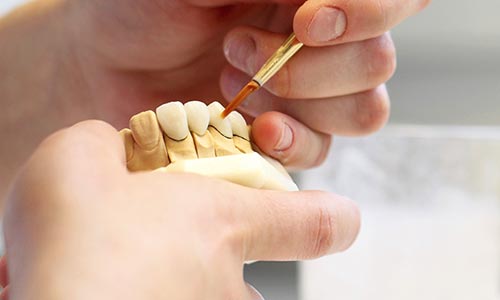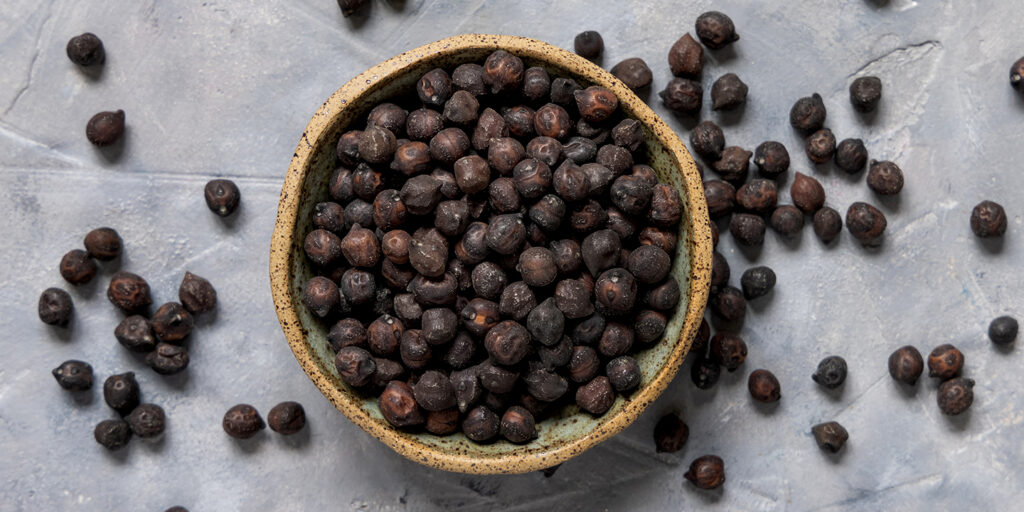Smile is a powerful tool that can light up a room, make a lasting impression, and boost self-confidence. A beautiful and healthy smile can be a game-changer in both your personal and professional life. It is no wonder that dental clinics play a crucial role in helping people revitalize their confidence. In this article, we will explore the importance of a confident smile and how a dental clinic can help you achieve it. A confident smile can work wonders in various aspects of life. Here’s how it can positively impact you:
Enhanced Self-Esteem – When you are proud of your smile, you naturally feel better about yourself. You exude self-assuredness, which can improve your overall self-esteem.

Better Social Interactions – A confident smile makes you more approachable and open in social situations. It can help you build better relationships, both personally and professionally.
Career Advancement – A smile that exudes confidence can be a game-changer in your professional life. It can help you make a memorable impression during interviews, meetings, and networking events.
Health Benefits – Oral health is closely linked to your overall well-being. A confident smile often means you have a healthier mouth, reducing the risk of dental problems and related health issues.
Dental clinics are not just places for fixing dental problems they are also centers for transforming your smile and boosting your self-confidence. Here is how dr naziri clinic can help you revitalize your confidence:
Comprehensive Dental Services – Dental clinics offer a wide range of services, from routine check-ups and cleanings to cosmetic dentistry procedures. These services can address both functional and aesthetic issues, ensuring your smile is both healthy and beautiful.
Cosmetic Dentistry – Cosmetic dentistry procedures such as teeth whitening, veneers, and orthodontics can improve the appearance of your smile. These treatments can correct teeth discoloration, misalignment, and other aesthetic concerns.
Restorative Dentistry – If you have missing or damaged teeth, dental clinics can provide solutions like dental implants, crowns, and bridges to restore your smile’s functionality and appearance.
Preventive Care – Regular dental check-ups and cleanings are essential for maintaining a healthy smile. Dental clinics can help you prevent dental issues and catch problems early, avoiding the need for extensive treatment.
Personalized Treatment Plans – Dental professionals work closely with patients to create customized treatment plans. These plans take into account your unique needs, concerns, and goals, ensuring that your smile makeover is tailored to you.
Advanced Technology – Many modern dental clinics use cutting-edge technology to provide more accurate and comfortable treatments. This technology can make your dental visits quicker and less invasive.
Support and Education – Dental clinics do not just focus on treatment they also educate patients about proper oral care and hygiene. This knowledge empowers you to take better care of your oral health in the long run.
With a range of services, advanced technology, and personalized treatment plans, dental professionals can help you overcome dental issues and enhance the appearance of your teeth. Do not underestimate the power of a confident smile visit your local dental clinic to start your journey towards a more confident and fulfilling life, one smile at a time.






